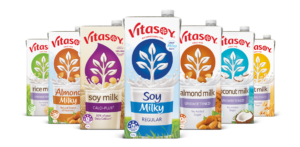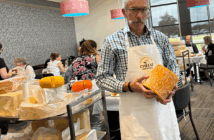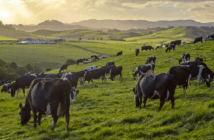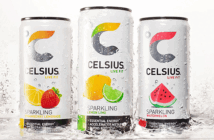
In Late 2019, Tetra Pak commissioned a study on the environmental performance of cartons (entire life cycle) against other types of packaging, across various sizes and categories – fresh milk, long-life milk, juice, water and food. Thinkstep-anz performed the study.
Based on the amount of carbon dioxide released into the atmosphere per package of 1L fresh milk, the report found that carton packaging has a climate impact of 42 grams – more than 12 times less than glass packaging (520 grams), five times less than PET (221 grams) and less than half that of HDPE (93 grams). The study considered a range of packaging size classes (from 200ml to 2L)
Since Tetra Pak does not manufacture these alternate packaging options, 106 packages available in Australia and New Zealand in November/December 2019 were purchased from retailers, cleaned and weighed.
Andrew Pooch, managing director for Tetra Pak Oceania, says cartons have the potential to become the world’s most sustainable food package thanks to the fact that “they are mostly made of paper and cartons have a far smaller contribution to greenhouse gas emissions compared to other packaging types”.
Results found that cartons have the lowest – or lowest-equal – carbon footprint of all packaging systems used as part of the study across all size classes and product categories. This was found by thinkstep-anz to be “due to a combination of their light weight, the relatively low impact of paperboard per kilogram, and the biogenic carbon sequestered in paperboard during growth”.




























































































